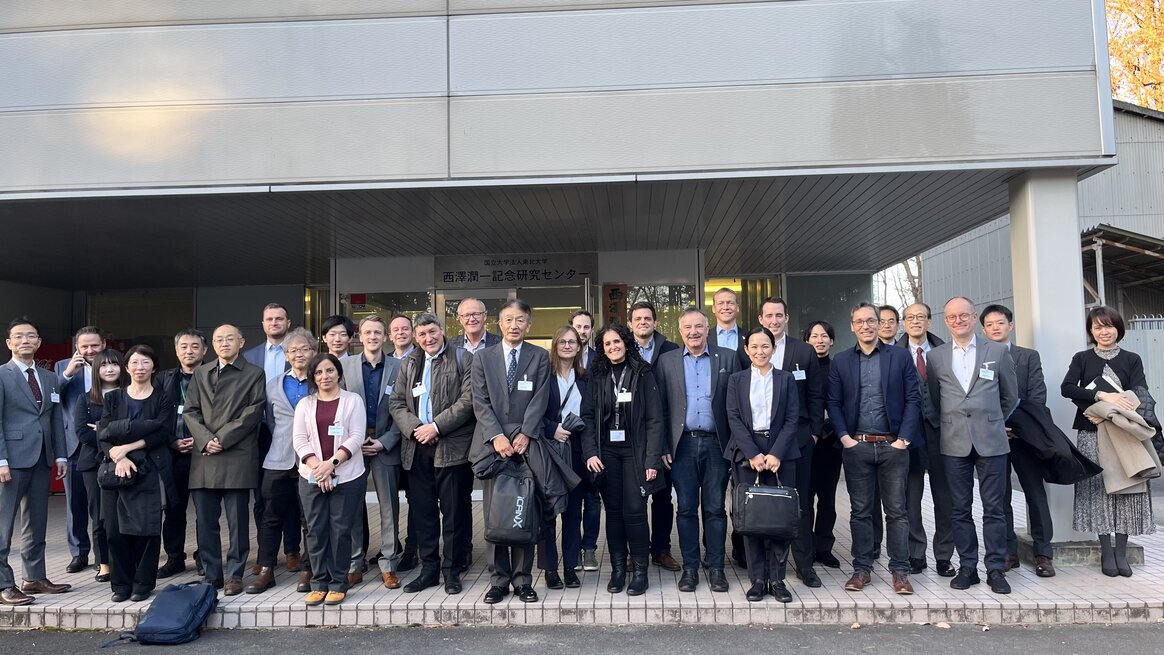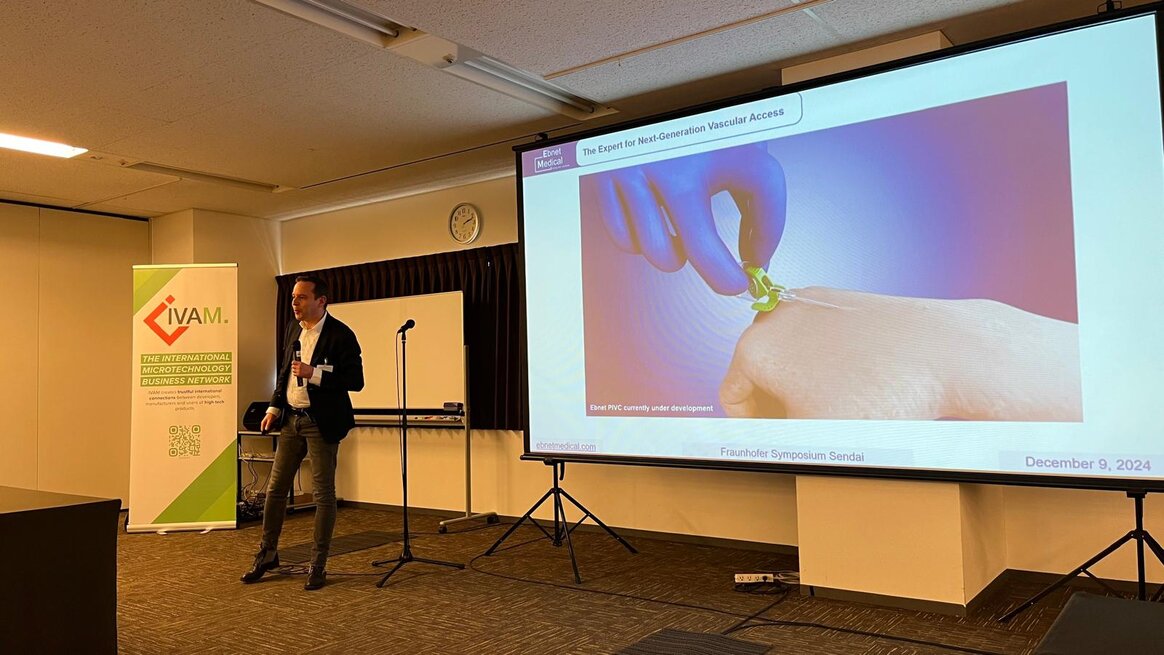

 Favorite (3)
Favorite (3)
Japan is not only one of the five largest medical technology markets globally, but also a true innovation hub. With one of the fastest-aging populations in the world - nearly 30% of the population is over the age of 65. The demand for advanced medical care, chronic disease management, and smart healthcare solutions is rapidly increasing. Depending on the source and definition, the market size ranges from approximately 25 to 40 billion USD. The country’s well-established healthcare infrastructure, high acceptance of high-tech solutions, and strong regulatory framework (such as Japan’s PMDA) create a fertile environment for MedTech innovation. Moreover, the government initiatives are strengthening a healthcare system designed for the next 20 years - one that supports all lifestyles and people, from children to older adults, and from patients to healthcare providers. Germany is among Japan’s top trading partners in the medical sector. The potential for collaboration between German MedTech SMEs and Japanese healthcare stakeholders is immense.

As an anesthesiologist, intensive care, and emergency physician, I founded Ebnet Medical, a company specialized in the development of vascular access devices and the expert for next-generation vascular access. Reliable vascular access is critical for delivering fluids, medications, and other therapies, playing a central role in modern patient care. I remain actively involved in patient care and continue to place vascular access devices myself, sometimes at 3 a.m., because it’s one of my core competencies and keeps me closely connected to the real-world challenges healthcare professionals face.
Ebnet Medical’s mission is to develop intuitive, next-generation vascular access devices that empower healthcare providers to deliver outstanding patient care with maximum safety - to ultimately save more lives. To achieve this, we continuously engage with nurses, paramedics, physician assistants, and other frontline experts throughout the development process. Their feedback is essential to ensure our solutions are not only innovative, but also practical, effective, and sustainable in 24/7 use.
Vascular access devices are simply lifesaving. They are used billions of times each year, with the market size exceeding USD 8 billion in 2024. Global trends such as aging populations and rising chronic disease rates are driving demand even further, with a CAGR of 4.7% projected between 2025 and 2030.

Ebnet Medical holds many patents, also in Japan. The country has a special place in my heart. That’s why I was truly honored to take part in a business delegation to Sendai, organized by the JETRO - Japan External Trade Organization in cooperation with IVAM Microtechnology Network.
The welcome was incredibly warm and the hospitality truly outstanding. I must admit, I was deeply moved. I’m also sincerely grateful to the Miyagi Prefectural Government for their exceptional support throughout this journey. Our delegation included representatives from leading companies in fields such as active implants, sensors, micro/nanotechnology, microfluidics, optoelectronics, and membranes. The symposium "Micro/Nanotechnology, MedTec and Life Sciences: Shaping the Future" was held on December 10 - 11, 2024, in collaboration with IVAM, Fraunhofer ENAS, and Tohoku University. It was truly inspiring to hear visionary speakers share groundbreaking ideas.
Their insights sparked deep and exciting conversations. Such exchanges have the power to shape a brighter future. After presenting my team’s pioneering work on next-generation vascular access devices, I was moved by the thoughtful feedback and powerful discussions that followed. It was again humbling to see how this critical topic resonates in a global context.
At Ebnet Medical, we truly understand patient and user needs. Our goal is to significantly reduce the high complication and failure rates of traditional vascular access devices. Up to 69% of common peripheral venous catheters fail. In up to 54% of children, the first vein puncture attempt is unsuccessful. Additional costs for healthcare systems and health insurance companies are massive. There is an urgent need for groundbreaking and cost-effective solutions. We are developing intuitive, user-friendly, scalable and easy-to-manufacture vascular access devices designed to save lives, minimize pain and complications. We're about to receive our 17th patent on these technologies and have a deep understanding of the MedTech business.
Achieving this mission depends on strong international cooperation and it’s something that can be deeply fulfilling and fun! I’m looking forward to building long-term partnerships in Japan and learning more about the specific needs of both patients and healthcare professionals there.
I’m also happy to support Japanese companies looking to expand their networks in Germany and across Europe. I can’t wait to return to Japan. Let’s work together to improve patient safety and save more lives worldwide.